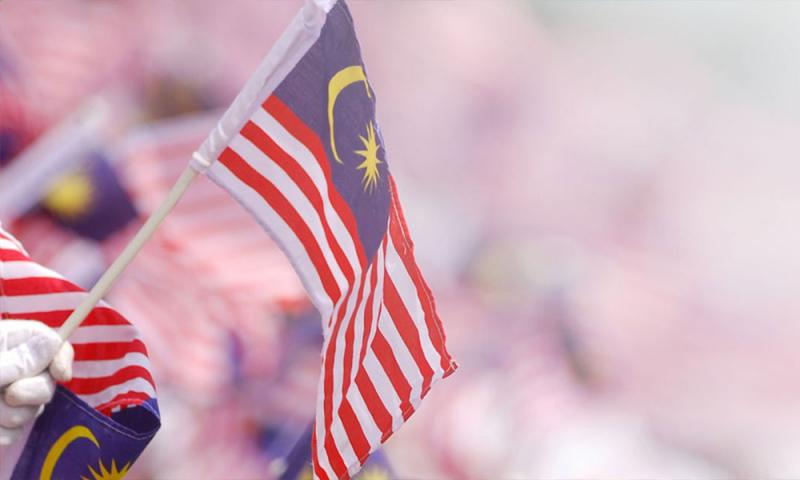LETTER | The next half-century for Malaysia
LETTER | Six decades have flown under the bridge of Malaysia’s nationhood in the making.
As we plan to celebrate both Independence Day (Merdeka 1957) in August and Malaysia Day (born in 1963) come September, we will be at the cusp of the next half century’s future.
We need to plan now to mark Merdeka and Malaysia Day 2024 - the launching pad for a future half-century.
What would would we leave behind for the next generation in the countdown to the next 50 years of our journeying?
What and how will the incoming generation of leaders and citizens position Malaysia’s future?
These two questions point to a pivotal national philosophy that needs to be examined, reset, and nurtured at speed and with courage.
The future of Malaysia cannot anymore be built using the mortar of racially bolted economic policies.
Likewise, religion cannot be the arteries for political advancement.
And the role of our rulers must be enabled to serve as the compass for social cohesion.
The meaning and power of “Malaysia” can be deflated quickly if East Malaysia sails apart.
And consequentially, the pre-Merdeka promising power of “Malaya” will drown in a sea of lost economic opportunities once race and religion become the boundaries determining our political, economic, and social philosophies.
For the past four decades, we have become more intensely warped in the zero-sum game.
“Who gains and who loses” philosophies have rigged the nation, measured by our economic agendas, social framing, and political power struggles.
We have reached a station after half a century where many believe that Malaysians are not ready to embrace the fast-changing and crystalising new world order.
Many make us believe that we are a very different nation and that rights, privileges, and religion must remain status quo.
What we have entrenched is a welfare state mentality.
What we have barricaded is a “majority versus minority” battleground.
What we have crowned is a silent oligarchy neatly woven into a marked have-and-have-nots society.
What we have honed with precision is a capitalism that dashes to the billionaires’ club where the winner takes all.
The next half-century also poses serious challenges for Malaysia (or worse, if it is back to Malaya) on the geopolitical and global economic maps of the future.
The truth we must see clearly and squarely is that the dawn of the Alfonso de Albuquerque era (1511) followed by the rest of history is long gone in the wind.
We are now facing a future where either we regard ourselves as distinctly Malaysian or we drown in the future sea of racially divided Malays, Chinese, Indians, Sabahans, and Sarawakians.
We are also facing a future where religion is speedily being divorced from power and control.
The ancient times of using religion (as the Spaniards and Portuguese invasions did) are becoming extinct in these contemporary times and more so in the future ahead of us.
Emerging superpowers of the future have already, and clearly too, chiseled out the new world order where religion is separated from state and is kept at bay as “personal and private” engagements.
And as our rulers (sultans) become prized and rare possessions against the emerging global map, they must take on this role of social architecture of “Future Malaysia” - a role where our Malaysian politicians have repeatedly failed and keep falling given the silent waves of the advancing geopolitical agendas and growing religious territorialism.
Are we ready to sit down on equal terms at roundtables and gather into drawing boards free from racial and religious blinkers to map our next half-century future?
That half-century opportunity ahead of us will be almost gone in the blink of an eye - faster than the past sixty-year history we are leaving behind us.
Are we ready for a true, unique, and powerful nationhood?
The views expressed here are those of the author/contributor and do not necessarily represent the views of Malaysiakini.
RM12.50 / month
- Unlimited access to award-winning journalism
- Comment and share your opinions on all our articles
- Gift interesting stories to your friends
- Tax deductable
